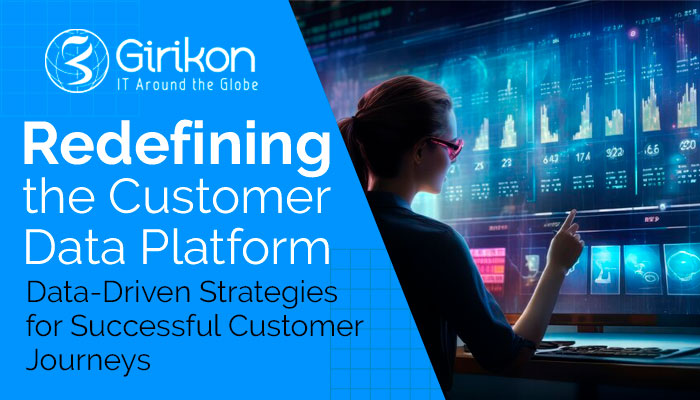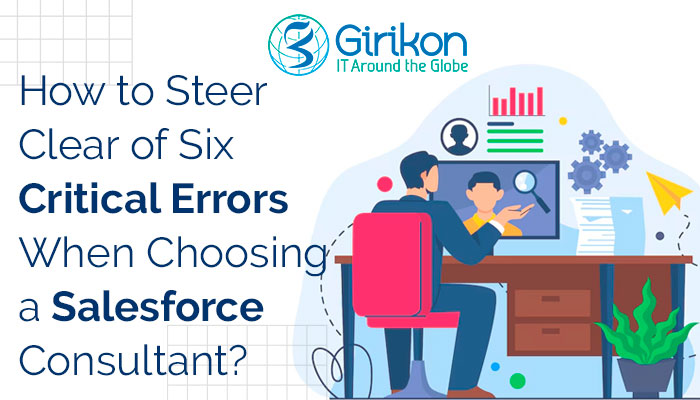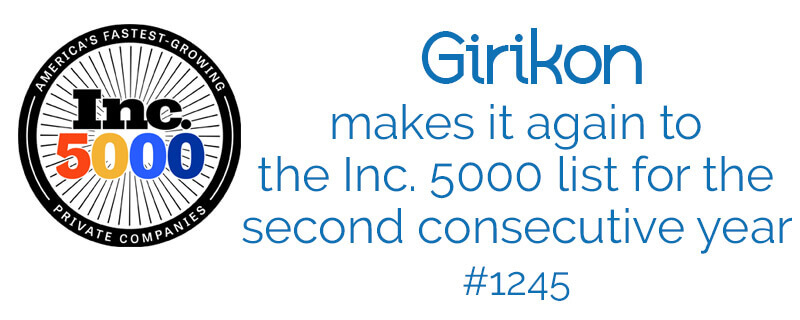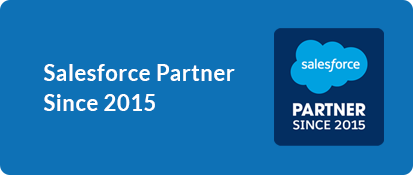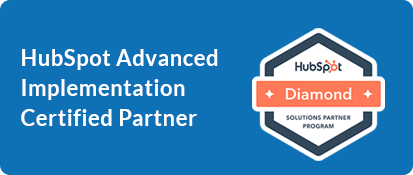Our Blogs
Today, Salesforce is the world's no 1 CRM platform, and for good reason too. Companies all around the globe are moving their business applications to the cloud and the world’s no1 CRM platform provides the power, flexibility, and intelligence that businesses need to drive productivity, efficiency, and growth. Salesforce not only eliminates the erstwhile need for maintaining expensive development and support teams but also the cost of outages due to failure at the hardware, software, or application level.
And while there are thousands of organizations (whether for profit or not) who have benefited immensely from the deployment of Salesforce apps, the reality is that a high percentage of them are not getting the most out of the CRM platform. In fact, a substantial number of these projects fail.
Having said that, there is one thing that all the successful ones did right. And that was choosing the right Salesforce Consulting Partner.
And this is precisely what we are going to assist you with today. How do you get maximum value out of your investment into Salesforce? How do you choose the best Salesforce Consultant? And how good a fit is that choice of partner for your business? With hundreds of partners listed on AppExchange, how do you decide which one is perfect for you? These questions and many more are at top of the minds of all new adopters of the world’s no1 CRM platform.
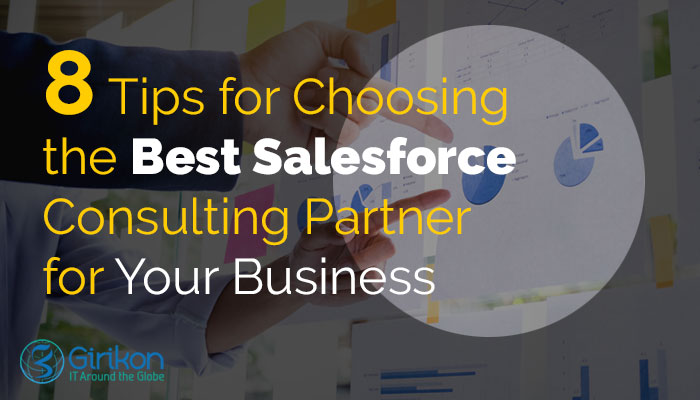
Our teams of experts have shortlisted top 8 qualifiers that will answer these questions for you and guide you on how to choose the right partner for your business.
Identify needs and expectations – Let’s get one thing straight. Before looking for someone to solve your problem, you need to very clearly identify what that problem is. And once you have done that, you need to set your expectations. Identify very clearly the support goals you want to fulfill and what qualities you are seeking from your partner. Very clearly spell out the key variables – budget, results, scope, and timelines. Collaborate with your teams. There is no point in implementing a new solution if your teams are not inclined to use it and or they haven’t been involved in the whole decision-making process. Once you have your needs and expectations worked out, and your teams on-boarded, start looking.
Experience – This is the most important criteria for shortlisting a prospective partner. After all, you are expecting them to re-invent your business, or at least a part of it. Find out if they have a great experience not only in the salesforce domain but have they worked with customers like you. From your industry. Solving problems and challenges like the ones you currently have. Are they Gold Partners? How long have they had a dedicated salesforce practice? How have they grown? What size are they today? Understand their journey as a Salesforce Consultant.
Reviews and Feedback – A partner is doing great work if their customers are saying great things about them. There is no greater testament to success than genuine customer feedback. Salesforce AppExchange is a great place to find such reviews on prospective partners. Besides reviews, you will also get to know many other important aspects about the company like key people, experience, certifications, areas of expertise, awards, etc.
Implementation Methodology
Implementation Methodology – When you are looking to work with a Salesforce Consultant, it is important you understand the consultant’s implementation approach. Look up their website, go through white papers and case studies and understand how they approach the problem. Choose a partner who adopts a collaborative approach with customers and is not afraid to get creative with them. Ask them specifics like what tools they use, their familiarity with the latest updates in the salesforce platform. What training approach do they adopt? And very important- What is their collaborative review and iterate methodology? Do they have a Customer-Centric Culture?
Involve your key team members and request a demo of their experience and approach.
Support – Like any other software, Salesforce implementation is not a one-time affair. Businesses evolve, and particularly in today's context, they are ever so dynamic. Software needs to keep up with these changing times. And your Salesforce Implementation Partner needs to stay on top of all updates. Before you sign on a Salesforce Consultant, discuss with them about how will they support your business post implementation? Your business needs a partner that can support you 24/7. Someone who treats your business like his/her own.
Understand how they are providing post-implementation support to their existing customers. Ask them to share case studies. Make sure they don’t prioritize larger projects over yours. Work with someone who has a Salesforce Managed Support Program as part of their implementation methodology.
Pricing
Ensure that you have a clear understanding of their pricing structure. Ask them questions like
- What are the charges for understanding your needs and recommending a solution and designing an appropriate implementation strategy?
- Do your hourly rates include all charges or are there separate charges /extra fees on top of that?
- What are the itemized support fees?
- What is the fee structure for the different consultants deployed on the project? Or is it a blended tariff?
Make sure the overall pricing fits into your budget and keep sufficient margins for spillovers.
Passion
This is a little hard to come by and perhaps even harder to quantify, but it’s important. You want your Salesforce Consultant to treat your business like their own. You want them to work in close collaboration with your teams to work towards achieving common goals. After all, once you sign up, you are all on the same side of the table. Make sure the partner is passionate about technology and believes strongly in its ability to drive performance, productivity, and growth. In short, they must see your success as their own.
Location
Borders are almost non-existent in the digital landscape today, especially so in today’s context where physical business meet-ups are the last resort. The world has moved to online collaboration across continents. However, providence may be in working with a Salesforce Consulting Partner that is geographically close to you. Not only will this eliminate the challenges of communicating across time zones, but it will give you the opportunity to work more closely with the consulting team.
Once you have identified the right partner, work on developing a long-term engagement strategy. Collaborate actively involving your teams to exchange creative ideas and unique experiences you both have. Talk about what direction you want the business to take. Like in any other relationship, trust your partner to identify risks, establish possibilities, and envision potential.
At Girikon, we strongly believe that technology is a very potent driver for growth. Using the tools and features available to us through the Salesforce platform, we can help your teams transform not only the way you manage your business but also the way you look at it.

 +1-480-382-1320
+1-480-382-1320 +61-1300-332-888
+61-1300-332-888 +91 9811400594
+91 9811400594
